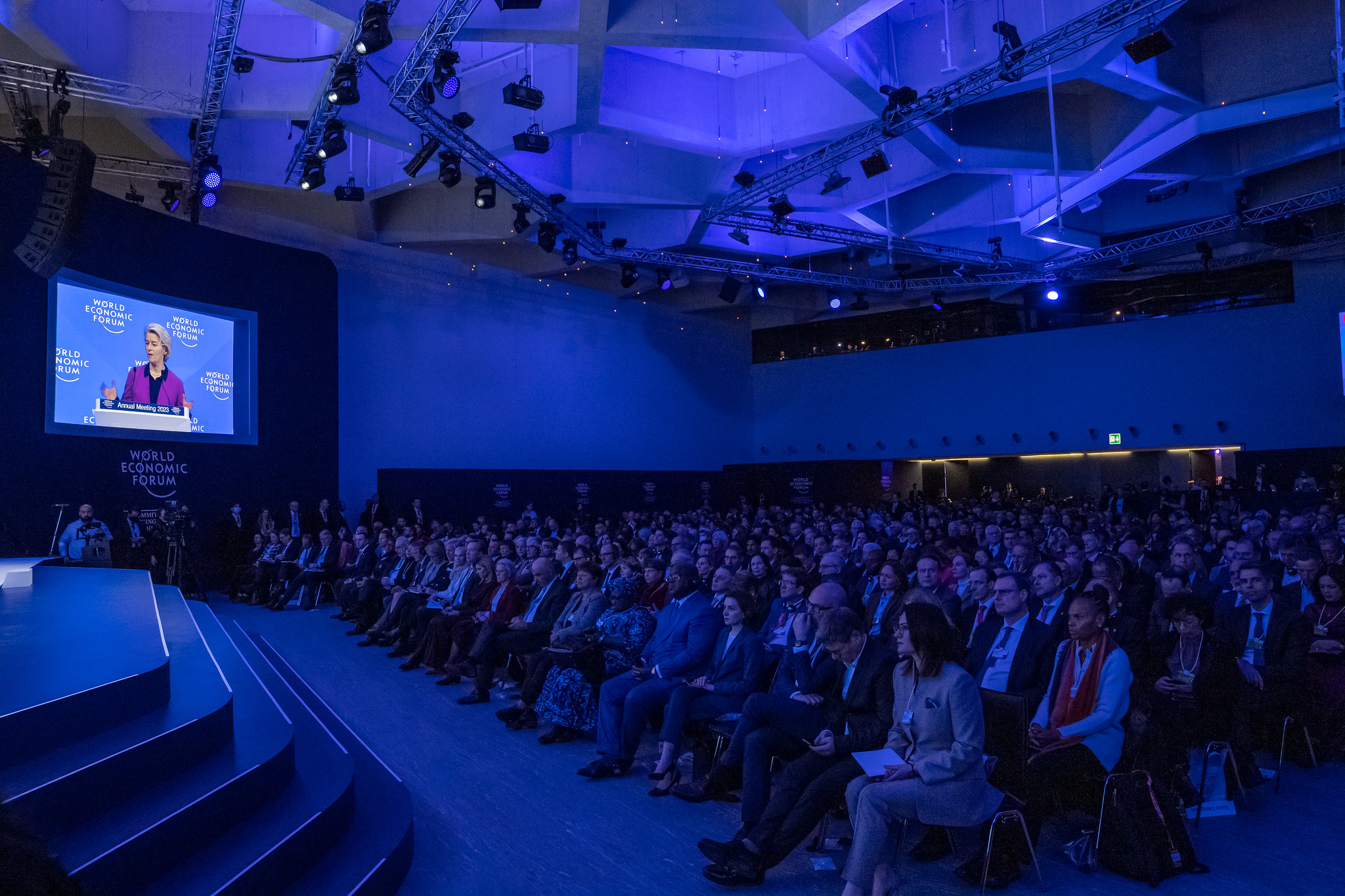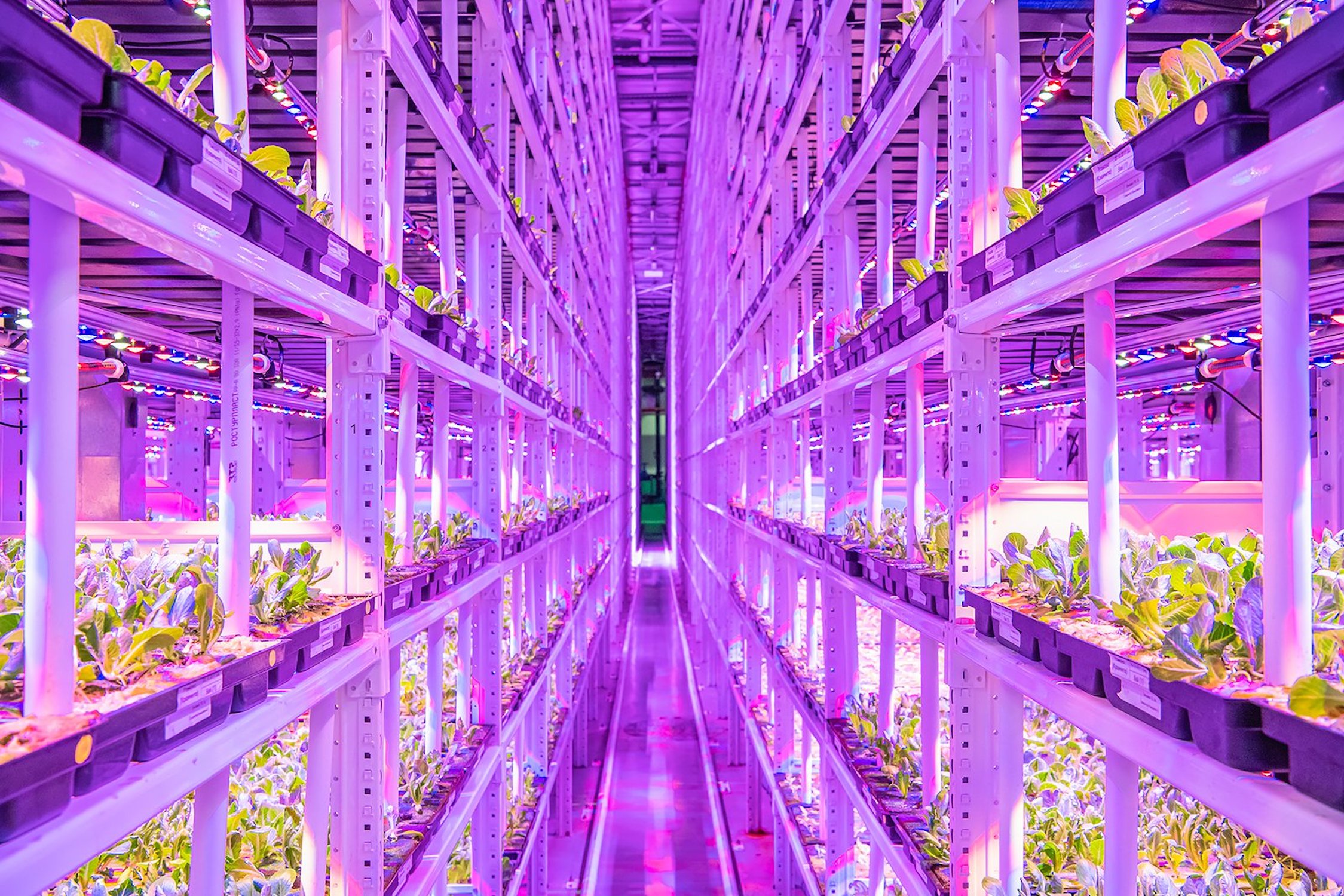Coastal areas are at the frontline of climate change, facing rising seas, erosion, heatwaves, and complex socio-environmental challenges. At COP30, CMCC reaffirmed its global leadership in this field through the side event “Empowering Coastal Communities: Science-based Solutions for resilience and adaptation”, co-organized with CoastPredict and the Decade Collaborative Centre for Coastal Resilience (DCC-CR). Held at the Italian Pavilion in Belém on November 11, the event brought together scientists, institutions, and community representatives from across the world, highlighting the importance of integrating scientific and local knowledge to strengthen coastal resilience.
“Coastal resilience is not just a challenge, but an opportunity,” says Giovanni Coppini, Director of the strategic program Global Coasts as a New Frontier at CMCC. “Having more resilient coasts in the future means developing the science to understand and address the complex issues these regions face – from sea level rise and subsidence to river sediment dynamics and ecosystem fragility. Resilient coasts are those where we can anticipate future scenarios, quantify risks, and provide policymakers and communities with accessible scientific information to design the coasts of tomorrow. I believe this is not only an opportunity for CMCC but also a moral duty. Together with our international partners, we are able to support adaptation plans and actions for a better and more resilient future coastal world.”
From local action to global collaboration
The discussions at COP30 emphasized that real change often begins at the local level. Pilot sites, where communities experience the impacts of climate change first-hand, provide critical insights that can inform broader adaptation strategies. “Solutions are linked to early-warning systems and operational monitoring that cover the full range of coastal hazards – from storms to marine heatwaves and pollution – enabling society to plan and act proactively,” notes Coppini.
The event also highlights the role of partnerships and international cooperation. “Being at COP30 allowed us to engage with the Brazilian scientific and social communities in a unique and vulnerable environment near the Amazon,” Coppini explains. “Through our network with CoastPredict, CMCC’s coastal program contributes to a global effort, with the Mediterranean as a central hub for knowledge sharing and solution-building.” He further underscores the value of new initiatives like the EU Pact for the Mediterranean: “Partnerships such as this one are fundamental. They consolidate years of work and create shared frameworks for addressing increasingly urgent coastal challenges worldwide. It was inspiring to strengthen these collaborations at COP30 and share future plans with a large number of delegations, such as those from Mexico, Barbados, Colombia, Dominican Republic, Bahamas, in the Caribbean Region and Malaysia, Thailand, Philippines, and Indonesia; and international actors like IOC-Caribbean, IOC WEST-PAC, UNIDO, and SPC.”
In combining scientific innovation, community engagement, and international cooperation, the CMCC-led initiatives at COP30 demonstrate that effective coastal resilience is a collective endeavor – one that can transform risk into opportunity, locally and globally.
MedFormer: advancing ocean forecasting for a resilient Mediterranean
Technology and innovation are equally crucial to Mediterranean resilience. CMCC’s MedFormer project demonstrates how artificial intelligence can revolutionize ocean forecasting and coastal management. Developed by CMCC researchers, including Coppini and CMCC Scientific Director Giulio Boccaletti, MedFormer predicts the conditions of the Mediterranean Sea – such as temperature, salinity, and currents – up to nine days in advance, with greater accuracy and efficiency than traditional models.
This AI-powered emulator not only enhances marine safety and environmental protection but also provides faster, high-resolution insights essential for managing risks such as marine heatwaves, storms, or pollution events. By integrating advanced computing with real-time data, MedFormer represents a concrete step toward a smarter, more adaptive Mediterranean.
“We have taken something that used to require enormous computing power and time, and made it faster and more accurate,” says CMCC scientist and lead author Italo Epicoco. “It’s a concrete example of how data and AI can help us understand and protect the Mediterranean Sea more efficiently.”
Science, governance, and innovation for the region’s future
From inclusive governance to ocean data, CMCC’s work reflects a single vision: resilience in the Mediterranean must be built through science-based collaboration, people-centred policies, and technological innovation. As the Pact for the Mediterranean takes shape, this integrated approach offers a blueprint for transforming shared challenges into shared opportunities – ensuring that the region responds to being a climate hotspot by becoming a hub of solutions for a changing world.






